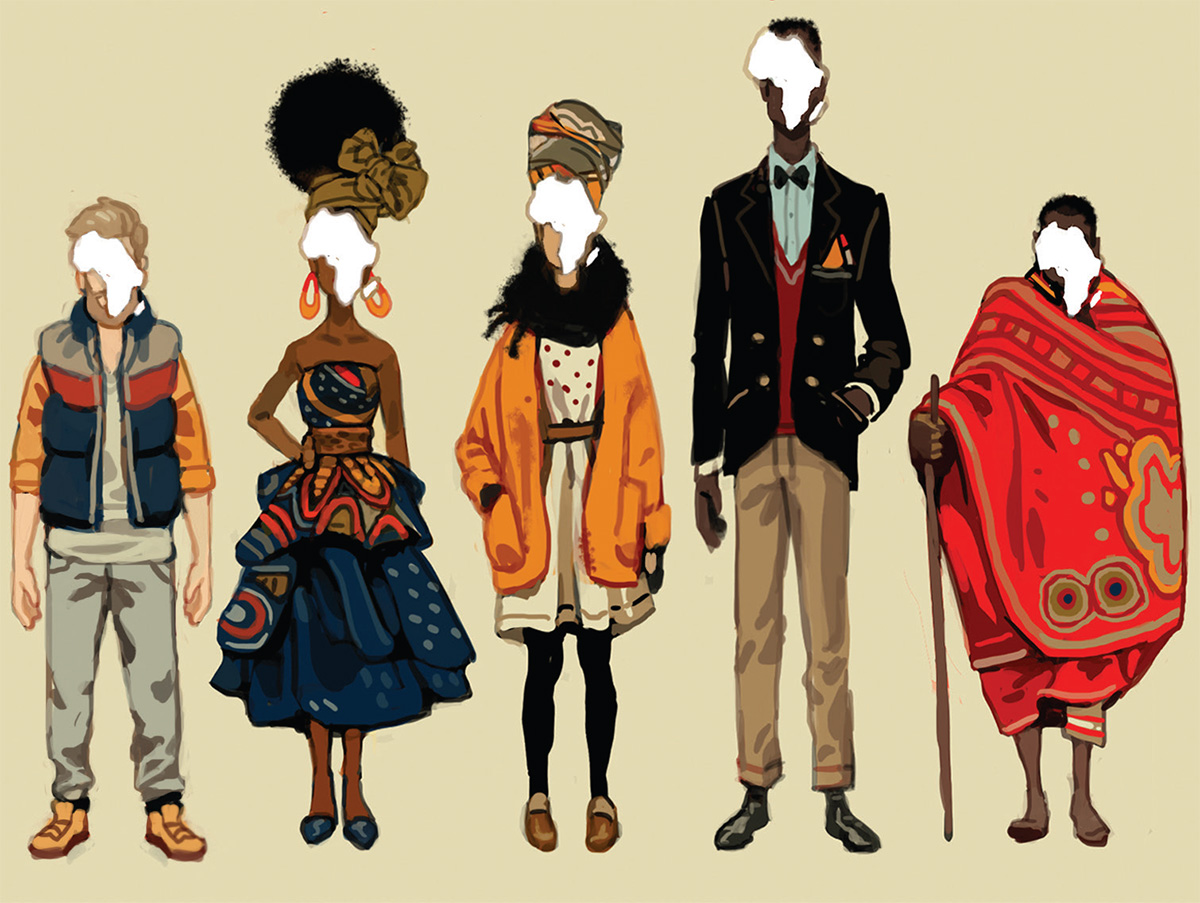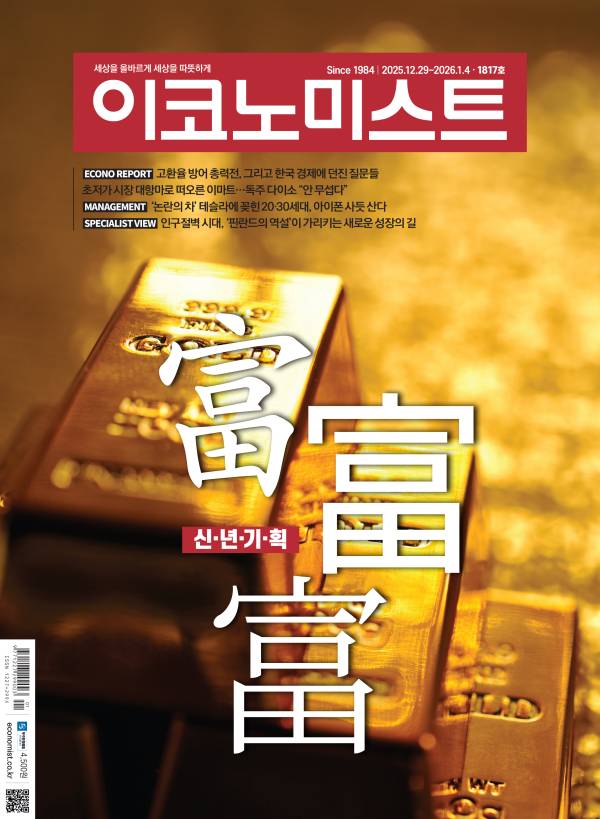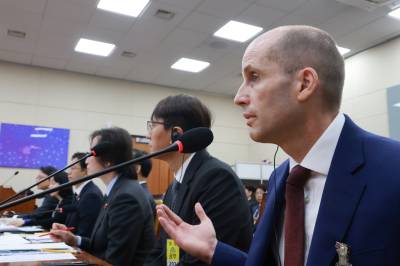- (Free MP3) 아프리카에는 나라가 없다?

THE POWER OF WORDS
Generalizing about a continent hurts more than just feelings.Over 11 million square miles: That’s roughly how much land constitutes Africa, a continent with more than 50 sovereign states, trod by 1.1 billion people who speak thousands of languages. A continent so varied, and with such a deep and complex history, it’s the source of some of the earliest advances in mathematics, urban planning, engineering and surgery.
So why are people always telling me that they recently returned “from a visit to Africa”? Or that their lifelong dream is to go on safari in “Africa” one day? Why is this diverse and massive continent constantly referred to as though it were a single country?
“When it comes to Europe, people want to be very specific Eastern Europe, Western Europe,” says Kathleen Bomani, a creative consultant and researcher from the Upanga neighborhood of Dar es Salaam, Tanzania. “But in talking about the continent there’s a disregard [where] for so long it’s been OK for anyone to refer to it as just ‘Africa,’ a huge landmass. It has to change, and really we need to start doing that ourselves. The onus is on us.”
As South Africans, my family and friends laugh when we’re questioned about whether we ever rode elephants to school or spotted a lion in our backyard. Taking potshots at ignorance about the continent has been a cornerstone of Daily Show host and South African Trevor Noah’s comedy, and he even quipped in his first episode that “to a lot of Americans, Africa is just one giant village full of AIDS, huts and starving children.”
Toyin Falola, a history professor at the University of Texas at Austin who hails from southwest Nigeria, says the narrative of Africa as a hotbed for the “chaotic, the erotic and the exotic” has applied particularly to “Black Africa”—countries in sub-Saharan Africa that international organizations traditionally view as separate from North Africa and the Middle East. Often, people who visit Egypt, Morocco and Algeria say they’re traveling to those countries, while people who are going to Nigeria or Tanzania are more likely to say they’re en route to “Africa.”
According to Lebogang Mokwena, a South African policy researcher, the problem is often not as glaring as overt racism but is instead something subtler, such as when people “refer to Africa not as a convenient initial shorthand, but when the sum total of the knowledge of the continent is just that—without a sense of the linguistic, ethnic, cultural, political and other forms of diversity and dissimilarity.”
The argument comes down to the power of words. South Africa is still reeling from the physical and linguistic wounds of people whose lives were destroyed and whose culture and traditions were reduced to racial stereotypes. A little nuance may not heal those old injuries, but as long as dangerous generalizations persist, new ones are inevitable.
아프리카에는 나라가 없다?
다양한 언어·문화·역사적 배경을 지닌 국가들을 그냥 ‘아프리카’로 일반화시키는 것은 인종차별보다 더 심각할 수 있어면적이 약 3000만㎢에 이르는 아프리카 대륙에는 50개가 넘는 주권국이 있다. 그곳에 사는 인구는 11억 명, 그들이 사용하는 언어는 수천 가지에 이른다. 아프리카는 매우 다채로우며 깊고 복잡한 역사를 지닌 대륙이다. 수학과 도시계획, 외과수술의 초기 단계 발전이 이뤄진 곳이기도 하다.
그런데 왜 사람들은 “최근에 ‘아프리카’에 다녀왔다”거나 “언젠가 ‘아프리카’에서 사파리 여행을 하는 것이 평생의 꿈”이라고 말할까? 왜 이 거대하고 다채로운 대륙을 하나의 국가처럼 말할까?
탄자니아 다르에스살람 시내의 우팡가 지역에서 크리에이티브 컨설턴트 겸 연구원으로 일하는 캐슬린 보마니는 이렇게 말했다. “사람들은 유럽을 말할 때 동유럽이니 서유럽이니 하면서 정확하게 짚어서 이야기하고 싶어 한다. 하지만 아프리카에 관해 말할 때는 그냥 ‘아프리카’라고 해도 괜찮다는 인식이 오랫동안 자리 잡아 왔다. 아프리카를 그저 하나의 거대한 땅 덩어리로 보며 무시하는 처사다. 이제 그런 인식을 바꿔야 한다. 아프리카인 스스로가 시작해야 한다. 그건 우리의 책임이다.”
남아공 출신인 우리 가족과 친구들은 등교할 때 코끼리를 타고 간 적이 있는지, 집 뒷마당에서 사자를 본적이 있는지 등의 질문을 받을 때면 소리 내 웃곤 한다. ‘데일리 쇼’(코미디 센트럴의 시사풍자 프로그램)의 호스트인 남아공 출신의 트레버 노아는 아프리카에 대한 사람들의 무지를 꼬집는 신랄한 코미디로 유명하다. 그는 자신이 출연한 첫 회에서 이렇게 말했다. “많은 미국인에게 아프리카는 에이즈와 오두막집, 굶주린 아이들이 득실대는 하나의 거대한 마을일 뿐이다.”
나이지리아를 가도 ‘아프리카’ 간다고 말해나이지리아 남서부 출신인 토인 팔롤라 텍사스대학(오스틴) 역사학 교수는 “아프리카를 혼란스럽고 에로틱하며 이국적인 것의 온상으로 묘사하는 경향은 ‘블랙 아프리카’를 염두에 둔 경우가 많다”고 말했다. 국제기구들이 전통적으로 북아프리카나 중동과 구분해서 생각하는 사하라 사막 남쪽의 국가들을 말한다. 이집트와 모로코, 알제리 등 북아프리카 국가를 방문하는 사람들은 자신이 여행하는 나라의 이름을 정확히 짚어 말하는 경우가 많지만 나이지리아나 탄자니아로 가는 사람들은 그냥 ‘아프리카’로 간다고 말할 확률이 높다.
남아공의 정책 연구원인 레보강 모크웨나는 이런 미묘한 문제가 노골적인 인종차별보다 더 심각할 수도 있다고 말한다. “사람들이 ‘아프리카’라는 이름을 그저 편리한 약칭으로서 사용하는 게 아니라 이 대륙을 제대로 알지 못해 그렇게 부른다면 문제다. 언어와 종족, 문화, 정치 등 여러 방면에서 아프리카 각국의 다양성과 차이를 몰라서 그런 거라면 말이다.”
이것은 결국 언어의 힘과 관련된 문제다. 인종적 고정관념으로 사람들의 삶이 파괴되고 문화와 전통이 희생된 남아공은 여전히 물리적·언어적 상처로 고통 받는다. 언어 사용의 미묘한 차이가 그 오래된 상처를 치유하지 못할 수도 있다. 하지만 위험한 일반화가 존속하는 한 또 다른 일반화의 가능성은 얼마든지 있다.
- JACKIE BISCHOF NEWSWEEK 기자 / 번역 정경희
ⓒ이코노미스트(https://economist.co.kr) '내일을 위한 경제뉴스 이코노미스트' 무단 전재 및 재배포 금지










![면봉 개수 → 오겜2 참가자 세기.. 최도전, 정직해서 재밌다 [김지혜의 ★튜브]](https://image.isplus.com/data/isp/image/2025/12/21/isp20251221000019.400.0.jpg)
![갓 잡은 갈치를 입속에... 현대판 ‘나는 자연인이다’ 준아 [김지혜의 ★튜브]](https://image.isplus.com/data/isp/image/2025/11/21/isp20251121000010.400.0.jpg)



당신이 좋아할 만한 기사
브랜드 미디어
브랜드 미디어
박하선, ‘긴급’ 다이어트 마쳤다…아찔 드레스핏 뒤 “탄수화물 파티!”
대한민국 스포츠·연예의 살아있는 역사 일간스포츠이데일리
일간스포츠
이데일리
‘상간 의혹’ 숙행 “출연 중이던 프로그램 하차”
대한민국 스포츠·연예의 살아있는 역사 일간스포츠일간스포츠
일간스포츠
일간스포츠
"AI 패권, 미국 24 대 중국 18"…트럼프 H200 수출이 분수령
세상을 올바르게,세상을 따뜻하게이데일리
이데일리
이데일리
[마켓인]“연말 휴가도 잊었다”…‘상장준비’ 구다이글로벌에 증권가 ‘사활’
성공 투자의 동반자마켓인
마켓인
마켓인
올해 상장해 주가 급등한 K바이오 공통 키워드는 '혁신 신약'
바이오 성공 투자, 1%를 위한 길라잡이팜이데일리
팜이데일리
팜이데일리